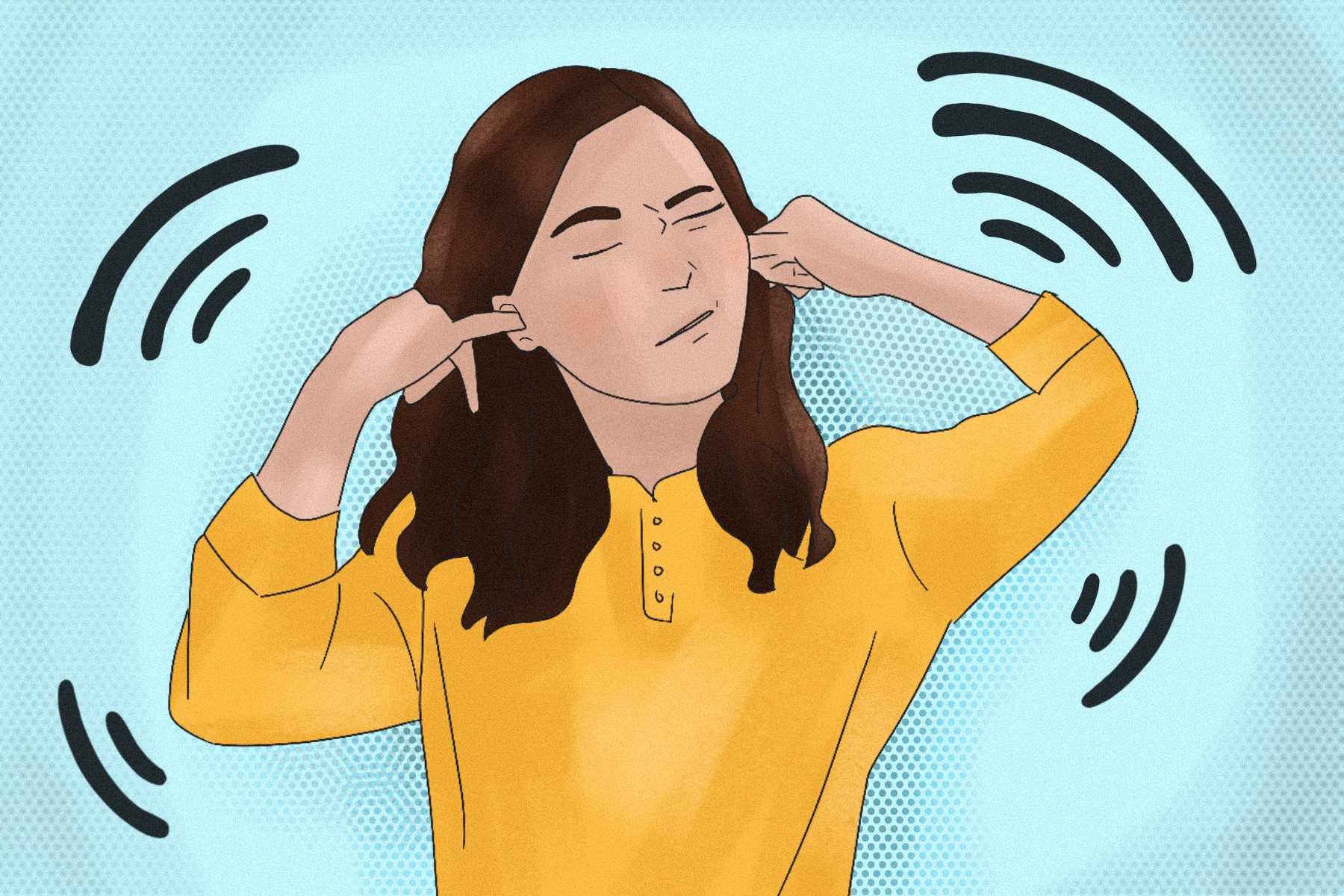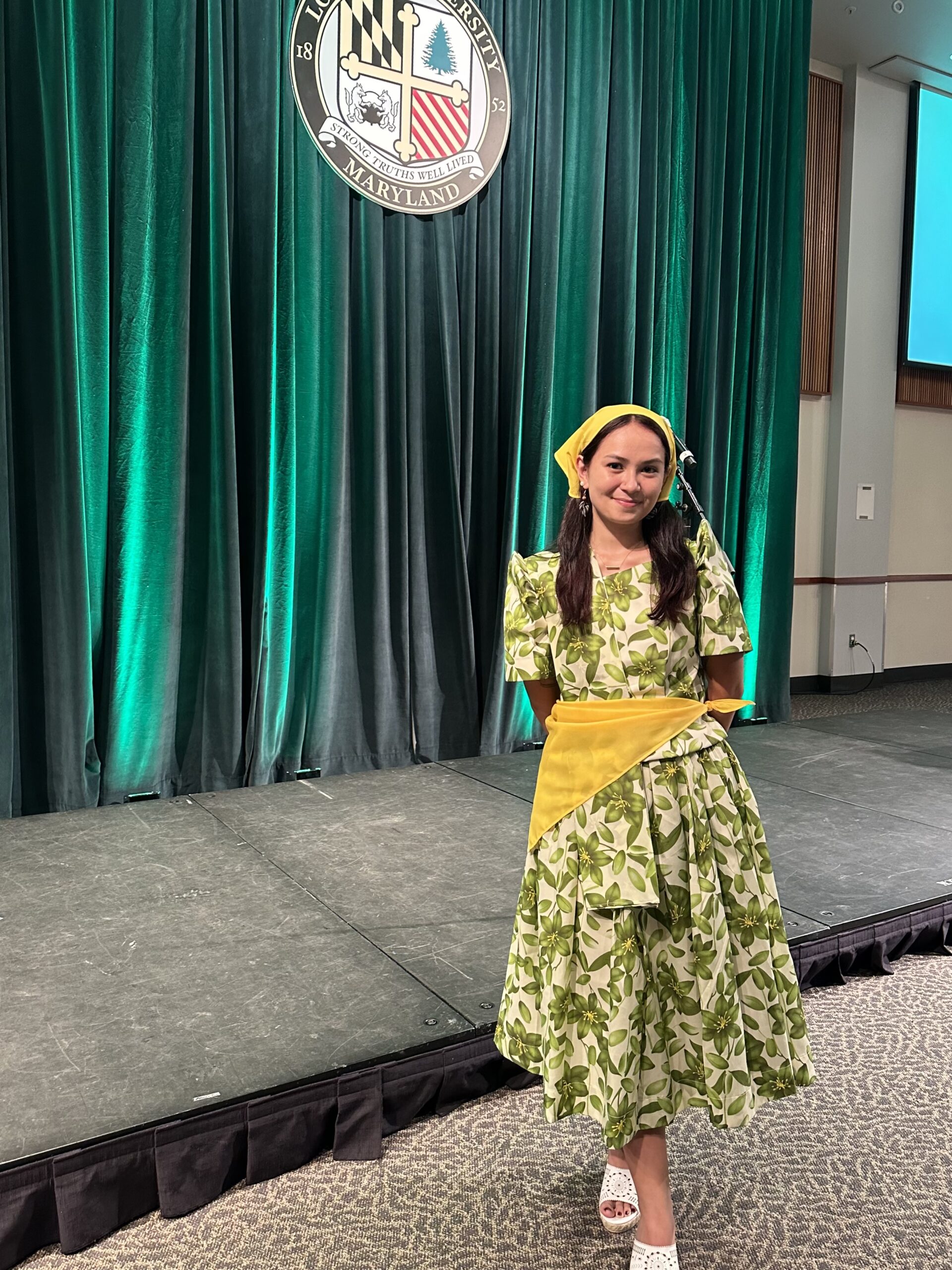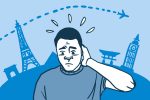This article will discuss the normalization of careless and reckless hearing health.
It’s typical for topics like sexually transmitted diseases and drug prevention to be discussed around the middle school age, but what about hearing health? Hearing health is a misunderstood and neglected topic. While it’s normal to care for things like our skin for purely aesthetic reasons, it’s not normal to care for our hearing.
In heavily populated cities all over the world there are a variety of constant and loud noises at play. Traffic, construction, music, people speaking, children crying, there are all kinds of different noises occurring at the same time. While these lower levels of decibels (dB) don’t necessarily hurt our ears immediately, they hurt our hearing over time. Noise induced hearing loss occurs because of damage due to loud noises generally as a result of sustained exposure and affects about 13% of children and 17% of adults.
In our culture it’s normal to go to dangerously loud concerts, clubs, or venues without hearing protection. The average rock concert is about 90-120 dB, when the 85 dB level is already considered harmful to human hearing. People are usually in these settings for hours and not knowing the damage they are inflicting upon themselves. .
Hearing damage and tinnitus are common for concertgoers. Tinnitus is a ringing in your ear that isn’t from an external sound and is typically caused by exposure to loud noises. Tinnitus varies from being mild and fading to more frequent and loud ringing. The risk for hearing loss and hearing a phantom, annoying ringing sound is not worth it.
Presbycusis is a term for age-related hearing loss. While it’s not normal to have worsened hearing due to age, it’s common in urban settings because of all the noise we’re constantly surrounded by. Presbycusis is not as common in rural areas, showing that the neglect in hearing health does have consequences.
What are some things we can do to protect our hearing? There are quite a few. First, always wear some form of hearing protection at places like concerts. Ear plugs range in price, making them easily accessible for all people. A cheap pair can be as low as three dollars, while there are more expensive and protective options as well.
Another tip would be to lower the volume of music, podcast, TV, or anything you’re listening to in your free time. Does the volume always have to be unnecessarily loud? No. This is an easy fix and great habit to build. Lastly, appreciate silence. Ambient noise is a popular filler for background noise or to help people fall asleep but consider how much noise we are already always surrounded by.
The American Speech-Language-Hearing Association is a great resource to find professional tips on hearing health from audiologists. While hearing health and science is not taught in depth to the public, there is information and advice out there to protect your hearing properly and intentionally.

















